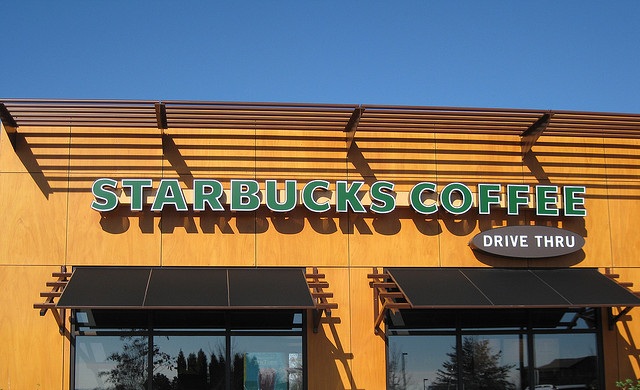It is amazing what cobblers some folk spout. HMV (LSE:HMV) has gone bust. It follows hard on the heels of Jessops which headed to retail heaven earlier this week. Chuka Umunna, Labour’s Shadow Business Secretary, called HMV a “national institution” and described the news as “deeply worrying” Yeah right. What next Chuka? Blame it all on Margaret Thatcher or global warming? HMV is not a national institution it was a commercial enterprise that like British Leyland or coal mines in Yorkshire that had run out of coal was just past its sell by date. In the old days, cretins like Umunna would probably have called for a state subsidy. Now they just blame it on the Tories and wring their hands in a pathetic fashion. The demise of HMV was inevitable.

HMV went bust for three reasons.
- It was an MBO or MBI that saddled itself up with far too much debt. These days MBA graduates are setting up New Media businesses to fail in three years. Three years ago they all worked for LBO firms and Hedge Funds that thought it was terribly clever to engage in highly leveraged buyouts risking other folk’s money. In a downturn businesses with net cash do not go bust. Those with debt sometimes do. HMV is part of a wider bubble bursting.
- Mid-tier non-food retailers are having their business stolen by e-tailers and by large out of town superstores. If I wish to buy a new Tom Petty & The Heartbreakers CD to replace the one I lost a while ago I will buy online or when I am picking up a pack of organic sausages at Tesco – there is no point making a destination visit to HMV. Most folks feel the same.
- The British High Street where HMV, Jessops, Greggs, Mothercare etc have outlets faces a vicious circle. On a weekly basis various units seem to be shutting down – either smaller independents or mid-tier chains. The High Street that is left is thus an ever more denuded choice of coffee bars, empty stores and charity shops. And that means less pass by trade for those outlets that remain. As such the High Street itself becomes an ever less attractive and diverse place to shop compared to an out of town Tesco or the internet. This is a vicious circle. And HMV is the latest casualty of that. Others will follow.
I would refer you to this piece on Greggs I prepared earlier. In 90% of its outlets it relies on High Street passing trade. As of this Friday a typical High Street has now seen two more interesting stores (Jessops and HMV) turned into an extra Starbucks or Cafe Nero. What will that do to Greggs’ passing trade? A) Increase it or b) decrease it? And this trend is only going to accelerate.
There are a stack of other retail outlets whose finances are perilous post a disappointing Christmas. The January sales might just save a few (an emergency sale did not save HMV) but when the next rent cheque falls due on March 31st prepare for a second wave in the bloodbath.
Can you make or save money from this unfolding horror story? I suggested a few ideas after the Jessops demise HERE
Tom Winnifrith writes for 10 UK and US websites. To get alerts on all of Tom’s articles follow him on twitter @tomwinnifrith or sign up for a free bi-weekly newsletter, the Tomograph, containing one free share tip a week plus links to all of Tom’s articles and a couple of exclusive and provocative pieces. Click HERE to register for the Tomograph.


 Hot Features
Hot Features













